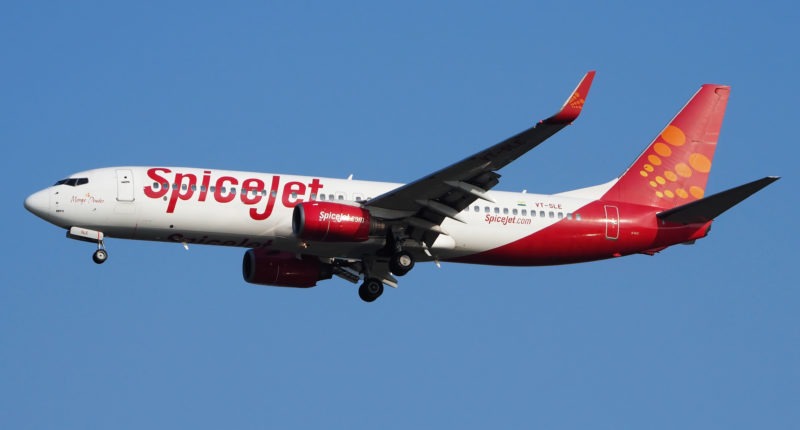In a formal submission to the Ministry of Finance, the Civil Aviation Ministry has requested that aviation turbine fuel (ATF) be brought under the ambit of GST. The submission has further requested that the applicable GST rate on ATF be no higher than 12% with a full input tax credit. The submission was made before a parliamentary standing committee.
The Secretary of the Ministry of Civil Aviation has informed the committee that the Ministry has taken up the proposal with the Finance Ministry, but that the matter is still pending with the GST Council. Including ATF under GST has, in fact, been a long-standing issue to be resolved by the GST Council.
The submission note also said, “Output tax on the sale of tickets both on business and economy air passenger transport services may be levied at a uniform rate of 12%. Output tax on air cargo transport and ancillary services such as catering, premium services and services on add-ons may be levied at 12%. Airlines may be allowed a full input tax credit for GST paid on all goods and services.”
The Ministry said that the states had been requested to provide full support for bringing ATF within the ambit of GST. Airlines have suggested that until ATF is included under GST, the rate of Value Added Tax (VAT) should be capped at 5%. They have also suggested that the excise duty of 11% should be eliminated. Representatives of private airlines also mentioned to the committee that ATF in India is taxed at the highest slab. No other country of an equivalent aviation market taxes fuel at this rate.
The parliamentary standing committee, in its report, has backed the Civil Aviation Ministry’s case by taking cognisance of the high ATF prices in India. The report mentioned that the prices are further aggravated by high taxes such as excise, customs duty, state taxes, and VAT levied thereon. The committee further mentioned that it understood that the cost of ATF forms almost 40% of the total operating cost of airlines. This impacts the financial viability of their operations and hurts competitiveness as they are unable to compete with global airlines due to the excessively higher prices of ATF.
“The airline industry is capital-intensive and works on very thin profit margins. This is why most Indian carriers are reeling under losses despite tremendous growth in air traffic. Therefore, relief on ATF is crucial for the viability of the airline industry and would be a major incentive for airlines to augment their operations,” the report has said.
The report further added that the committee believes that the reduction in VAT rates on ATF would be a revenue loss for the states. However, this could be offset by enhanced economic activities resulting from increased air connectivity to the region. The committee wants the Ministry to pursue this issue with the States to rationalise and minimise the taxes and surcharges at the state level. This will bring much-needed relief to the airline sector.
For any clarifications/feedback on the topic, please contact the writer at athena.rebello@cleartax.in

I’m a Chartered Accountant by profession and a writer by passion. ClearTax lets me be both. I love travel, hot tubs, and coffee. I believe that life is short, so I always eat dessert first. Wait.. life is also too short to be reading bios… Go read my articles!





